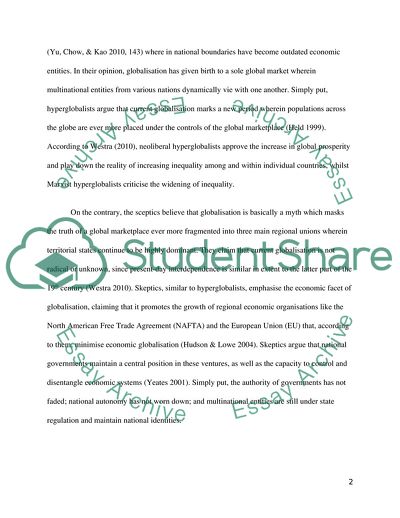Cite this document
(Spar Between Hyperglobalists, Sceptics and Transformationalists Essay, n.d.)
Spar Between Hyperglobalists, Sceptics and Transformationalists Essay. https://studentshare.org/politics/1764417-who-best-captures-the-nature-of-globalization-the-skeptics-the-hyperglobalists-or-the-transformationalists
Spar Between Hyperglobalists, Sceptics and Transformationalists Essay. https://studentshare.org/politics/1764417-who-best-captures-the-nature-of-globalization-the-skeptics-the-hyperglobalists-or-the-transformationalists
(Spar Between Hyperglobalists, Sceptics and Transformationalists Essay)
Spar Between Hyperglobalists, Sceptics and Transformationalists Essay. https://studentshare.org/politics/1764417-who-best-captures-the-nature-of-globalization-the-skeptics-the-hyperglobalists-or-the-transformationalists.
Spar Between Hyperglobalists, Sceptics and Transformationalists Essay. https://studentshare.org/politics/1764417-who-best-captures-the-nature-of-globalization-the-skeptics-the-hyperglobalists-or-the-transformationalists.
“Spar Between Hyperglobalists, Sceptics and Transformationalists Essay”. https://studentshare.org/politics/1764417-who-best-captures-the-nature-of-globalization-the-skeptics-the-hyperglobalists-or-the-transformationalists.


